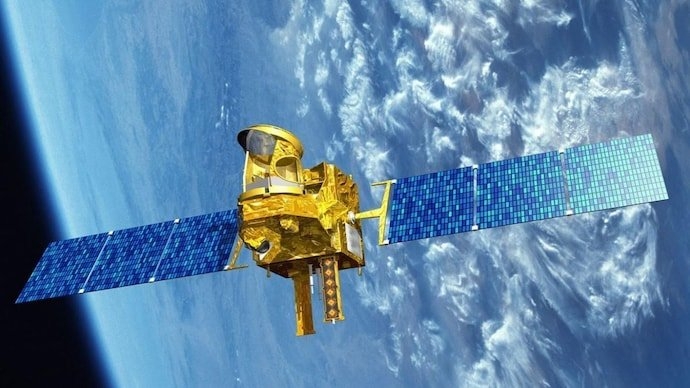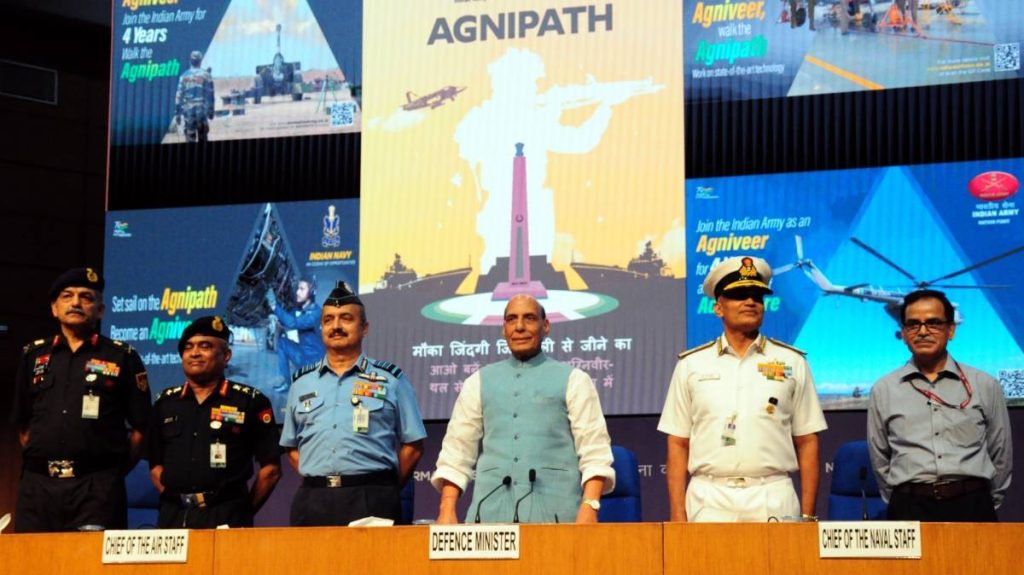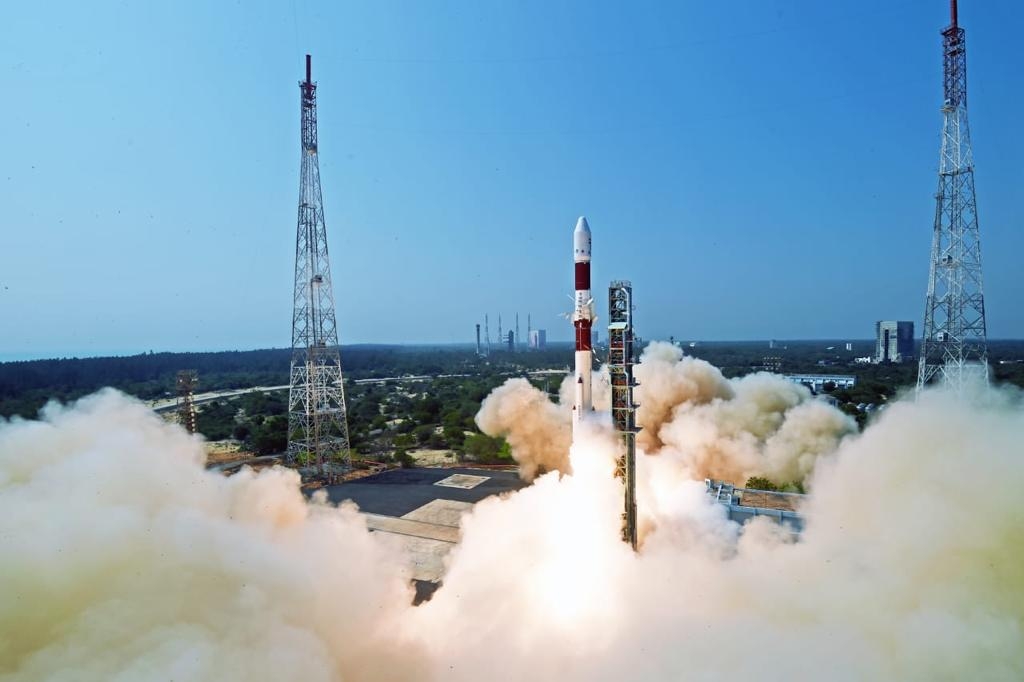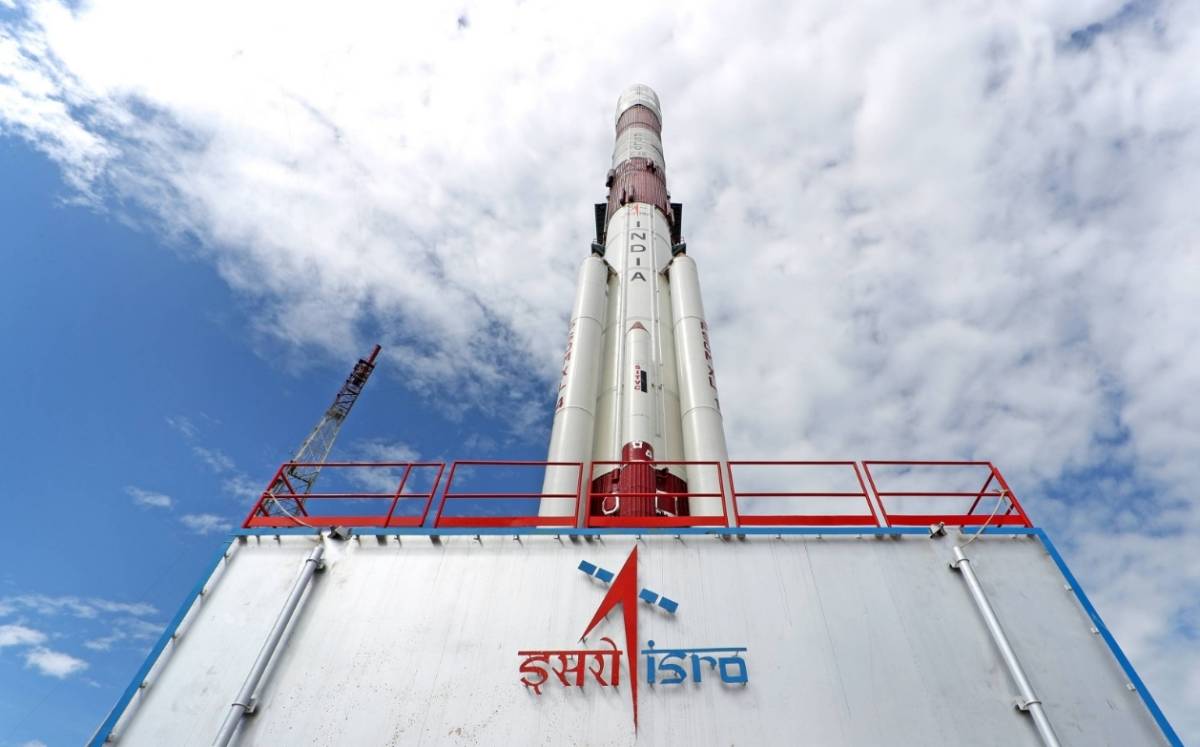To develop science in a way that it becomes India’s strength will be crucial to India’s story of development over the next 25 years i.e. the Amritkaal. In that context, the 108th Indian Science Congress at Nagpur was inaugurated on the onset of this year to boost India’s scientific strength and meet the needs of India, becoming the root of all inspirations for the entire scientific community … writes Dr Remya Ajith. Scientific temper and inclusion in human society can significantly empower individuals and communities to take control of their lives and make informed decisions. Scientific temper refers to a mind-set and approach that is rational, objective, and evidence-based, where individuals evaluate evidence critically before making decisions or forming opinions
As the strongest pillar on which our ancient as well as modern societies have found support on, science as a profession has had a lasting impact on humanity by transforming people’s lives, driving economic growth, healthcare & wellness, enhancing the quality of life and providing solutions to some of the most pressing global challenges.
Scientific temper and inclusion in human society can significantly empower individuals and communities to take control of their lives and make informed decisions. Scientific temper refers to a mindset and approach that is rational, objective, and evidence-based, where individuals evaluate evidence critically before making decisions or forming opinions.

Inclusion, on the other hand, aims to create a society where everyone can participate fully and equally by ensuring that the benefits of these advancements are accessible to everyone regardless of their background, ethnicity, race, gender, culture, caste, religion or abilities. When the passion for science and welfare of the humanity intersects with each other, the results have been nothing short of spectacular. However, even with the use of novel technology and rapid advancements in the field of education, research & development in India, there has been less than expected progress in the scientific temper over the past many decades. Nevertheless, there has been a renewed vigour on those lines over the last decade is bound to yield results sooner than later.
One of the key resolutions for the Government of India has been that India makes its place in the top 10 countries of the world in the field of science. For any community to make progress, it becomes imperative to collect and analyse data at every step, especially in the new era of the 21st century where there is constantly churning and changes taking place every moment. Within the country, there are two things in abundance: data and technology. With the massive potential to take India’s science to new heights, the newly[1]assigned role to the scientific community in India has been to make the country Atmanirbhar (self-sufficient) in every sense of the word.
Developing science in a way that it becomes India’s strength will be crucial to India’s story of development over the next 25 years i.e. the Amritkaal. In that context, the 108th Indian Science Congress was inaugurated on the onset of this year to boost India’s scientific strength and meet the needs of India, becoming the root of all inspiration for the entire scientific community.
The Indian Science Congress is a premier scientific event that brings together scientists, researchers, and academicians from various fields to discuss and disseminate recent advances in science and technology. The congress provides a platform for sharing knowledge, collaboration, and networking, which can empower individuals and institutions in the science community. Keeping in mind that 17% of the world’s population is rooted in India, it makes sense that any scientific work that fulfils the needs of the society would give momentum and mean progress to the world as its impact will be on a substantial chunk of the entire humanity naturally. Within the Indian Science Congress, the major focus has been on the Children’s Science Congress with more than 7000 students participating and the Women’s Science Congress where a large number of women scientists have participated from various organisations. These communities i.e. women and students have historically witnessed abysmally low interaction and participation in sciences, and therefore the focus has been to ensure that the same is given a major fillip. In addition, a new entrant within the setup has been the Tribal Sciences Congress – a platform for the scientific display of indigenous ancient knowledge systems and studies, and the Farmer Sciences Congress – a platform to improve the bio-economy and attract the youth towards agricultural science as well.

Along the same, an exhibition pride of India depicting the lives of personalities who have left an indelible mark in the field of sciences across the globe and in India has been put in place. As the nation increases its tally and share of PhD scholars across the globe as well as the number of start-ups, the focus has also been on the level of progress made in terms of innovation with the Global Innovation Index of 130 countries showing India ranked 81st in 2015 and making its place up to the 40th spot by the year 2022.
With the traditional Vigyan Jyoti – the flame of knowledge – being a significant part of the Indian Science Congress, the attention has shifted to building the scientific temper with an inclusive approach in society and among the youth as well. Science has the potential to bring out cataclysmic changes with its impact percolating from the global to grassroots level, its ambit increasing from journals to zameen (land) and changes are quite perceptible from research to real life.
In consonance with the theme this year ‘Science & Technology for Sustainable Development & Women Empowerment’, the exhibitions and sub-programmes have been carefully curated to shift attention towards the same. Any kind of sustainable development can only take place if and when 49% of the global population i.e. women are empowered enough in every field exuding a new momentum to research as well as a society too. Science enables women’s empowerment by providing access to education, healthcare, and job opportunities, leading to their economic self-sufficiency and social independence.
Women’s participation in science and technology fields is growing, and programmes like Beti Bachao, Beti Padhao Yojana and Digital India have made exemplary efforts to encourage girls and women to pursue science, technology, engineering, and mathematics (STEM) education. In tune with the idea of shifting focus towards women, W20 (a sub-group within the G20 setup that is being hosted in India this year) listed that W20 India’s vision was to create a world of equality and equity with the removal of all barriers to ensure women-led development. Enabling an ecosystem where women feel empowered and secure enough to thrive, transcend and transform their own lives and that of others, the W20 shall focus on bringing out white papers, policy briefs, video documentaries, opinion pieces, handbooks and communique with the purpose of influencing G20 nations and leaders to make women’s agenda at the core of G-20 deliberations.
Science also plays a significant role in empowering marginalized and underprivileged individuals by providing access to resources and opportunities as well. For example, initiatives like the National Mission on Education through Information and Communication Technology (NMEICT) aim to provide education and training opportunities for all, regardless of geographic location or socio-economic status.
India has been able to solidify its stronghold on the sciences with new efforts being made on the innovation front nowadays. Science and technology have the potential to improve human lives and promote the well-being of society, but this potential can only be realised if science and technology are applied in an inclusive manner. Inclusion means recognising and respecting the diversity of all people, including their opinions, perspectives, needs, and contributions. It also means fostering an environment where everyone feels welcome and can participate fully in the process of scientific discovery. In this way, science and technology can help create a more equitable and just society for all. Therefore, this urgency to become self-sufficient can serve as a major boost to the livelihoods of the people as well as ensure the larger collective progress of humanity.













